September Is Newborn Screening Awareness Month
The NICHD has played a key role in the newborn screening activities and accomplishments of the last 5 decades and continues to lead and fund research activities related to newborn screening. As we mark the 50th anniversary of the dawn of the newborn screening era, the NICHD highlights some of its newborn screening research and accomplishments.
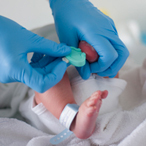
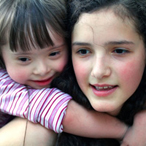
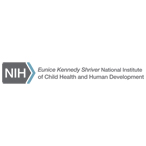


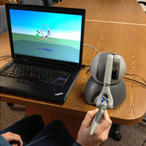
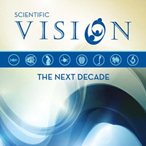
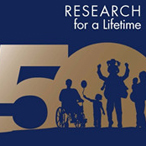
 BACK TO TOP
BACK TO TOP